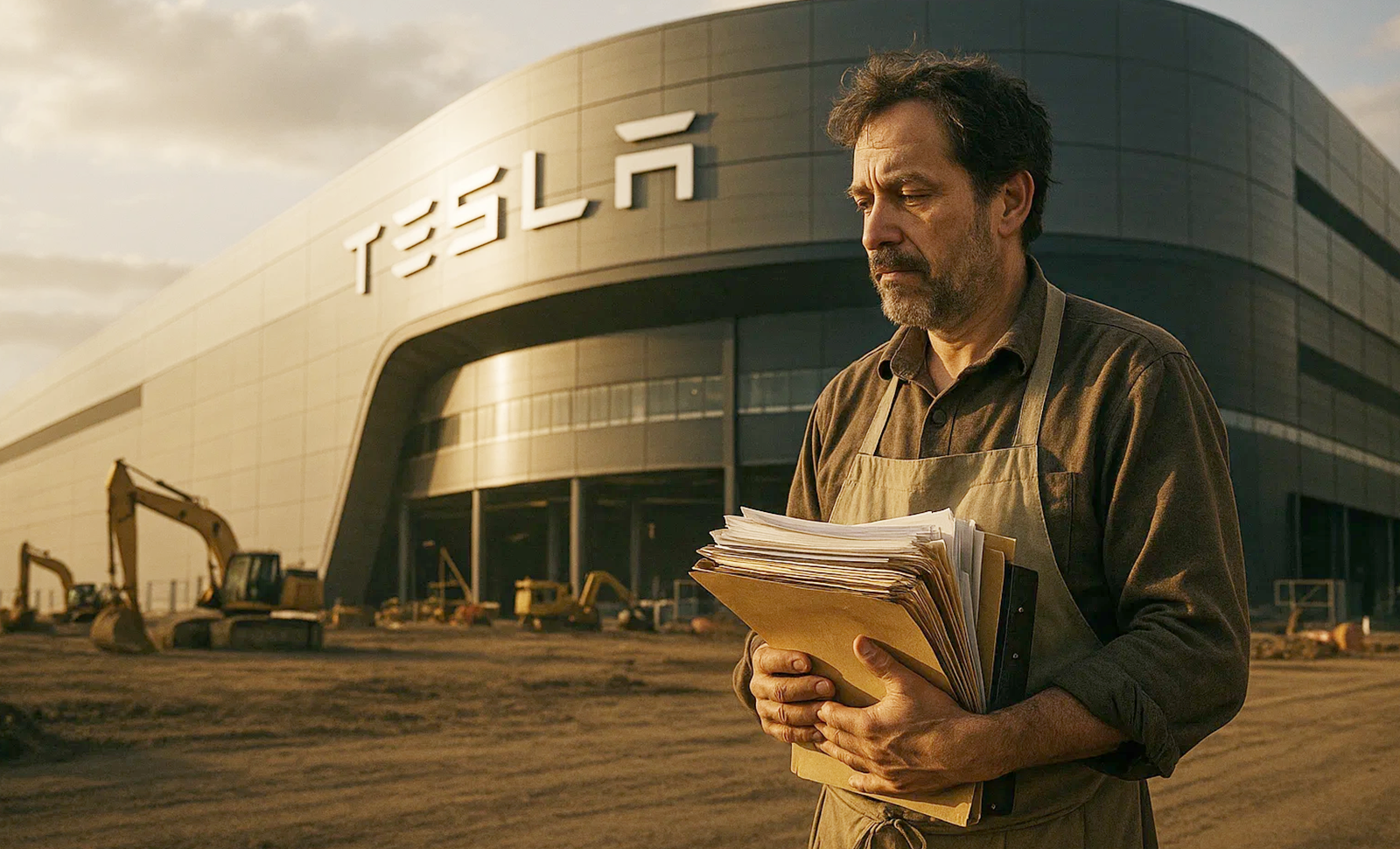As Elon Musk continues to reshape industries through ambitious ventures like Tesla, SpaceX, and X, the public narrative often spotlights innovation, speed, and disruption. Yet beneath this high-tech sheen lies a quieter force powering his empire: small businesses. These contractors and vendors, ranging from electricians and pipefitters to bakers and fence installers, have helped construct Gigafactories, launchpads, and massive logistical operations. But many of these businesses now claim they were left unpaid or underpaid for their services. The implications go far beyond corporate finance, they touch on fairness, systemic risk, and the fragile trust between billion-dollar enterprises and the small businesses that fuel them.
The Foundation: Small Businesses Powering Musk’s Growth
Across Tesla, SpaceX, and other ventures, small and medium-sized contractors have played pivotal roles in constructing Gigafactories, launch facilities, offices, and operational infrastructure. In Texas alone, lawsuits and lien filings show that these firms, covering everything from plumbing and electrical work to security systems, have collectively filed over $110 million in liens against Tesla in recent years, with approximately $24 million reportedly still unpaid. At SpaceX’s Starbase site, contractors have filed at least 77 liens totaling around $5.5 million. These figures reflect the work backbone supporting Musk’s rapid expansion, according to CNN.
Despite their essential contributions, many of these businesses claim delayed compensation, some waiting months to be paid, or never receiving full payment, leading to bankruptcies, layoffs, and financial collapse. One notable example involves Professional Process Piping: after dedicating major resources to a Tesla Gigafactory project, the firm collapsed into bankruptcy and took on substantial personal debt. A Tesla attorney even conceded in court, “I don’t disagree that it does take Tesla some time to pay”, according to Reuters.
Disparity Between Musk’s Public Persona and Business Practices
Elon Musk frequently positions himself as a champion of innovation and efficiency, yet his companies have benefited enormously from public funding, over $38 billion in the form of loans, grants, contracts, and tax credits, while allegedly neglecting to pay the small businesses that physically build those operations, according to The Washington Post.
This paradox underscores a wider credibility gap: companies that thrive on public support and political goodwill may simultaneously impose severe financial risks on the smaller contractors that enable them to scale.
Broader Implications: Risks to the Small-Business Ecosystem
For many small firms, Musk’s companies represent major contracts and major risk. Contractors report being reluctant to take on new work from Tesla or SpaceX due to fear of non-payment or protracted legal battles. One former subcontractor, who waited months on a roughly $19,000 unpaid invoice for clearing storm drains at Starbase, said they would now turn down any future work from Musk’s companies without hesitation.
In a wider economic context, when dozens of specialized vendors face insolvency or bankruptcy because of payment disputes, the broader ecosystem suffers reduced capacity, fewer willing participants in future projects, and ultimately slower local economic multiplier effects despite speculative statements about investment-induced boom zones.
Legal and Ethical Dimensions: Accountability and Power Imbalances
In Texas and other jurisdictions, lien laws give contractors a legal tool to assert unpaid debts by targeting property owned by Musk’s firms. But legal mechanisms don’t always guarantee timely resolutions. SpaceX has reportedly settled some liens, roughly $1.6 million of them since 2022, but many remain unresolved even as new liens continue filing. The complexity of general contractors, subcontractors, and joint staffing arrangements further muddies accountability.
Meanwhile, Tesla’s canceled $6,000 (later $16,000) pie order with a small African American-owned bakery in California showcases the human cost of corporate mishaps. Musk eventually paid $2,000 to cover losses but only after considerable viral attention, raising questions about whether such redress is reactive rather than systemic.
Strategic Lessons and Forward Risks
Several key risks emerge from the pattern of delayed or unpaid invoices that small businesses report when working with Elon Musk’s companies. First, there is a growing erosion of contractor trust; many small businesses, having faced payment delays or defaults, may now avoid taking on new work with firms like Tesla or SpaceX altogether. This hesitation could significantly constrain the ability of Musk’s companies to scale locally in key regions such as Texas, where rapid infrastructure development is essential.
Second, the accumulation of unpaid liens invites regulatory and political scrutiny. As the number of disputes grows, both media outlets and government actors are increasingly likely to call for tighter oversight, potentially introducing contract stipulations or enforcement mechanisms to protect small vendors.
Finally, these tensions introduce vulnerabilities into Musk’s broader supply chain. Without a reliable pool of partners, project timelines may slip, costs could rise, and the promised economic benefits of large-scale investments might fail to materialize, undermining the very innovation-driven vision Musk promotes.
A Final Note: Balancing Scale with Responsibility
Small businesses have undeniably fueled the physical and logistical rise of Tesla, SpaceX, and Musk-led ventures. Yet the pattern of delayed or unpaid billing, including liens totaling tens of millions of dollars, reflects a troubling asymmetry: enormous corporate growth financed in part by underpaid, overcommitted contractors. Going forward, for Musk’s ecosystem to remain genuinely sustainable, it must reconcile the imbalance: scaling infrastructure should not come at the expense of the enterprises that build it.
Only through stronger internal payment protocols, clearer accountability lines, and potentially enforced contractor protections, can the ecosystem deliver not just impressive structures but also equitable economic impact.













